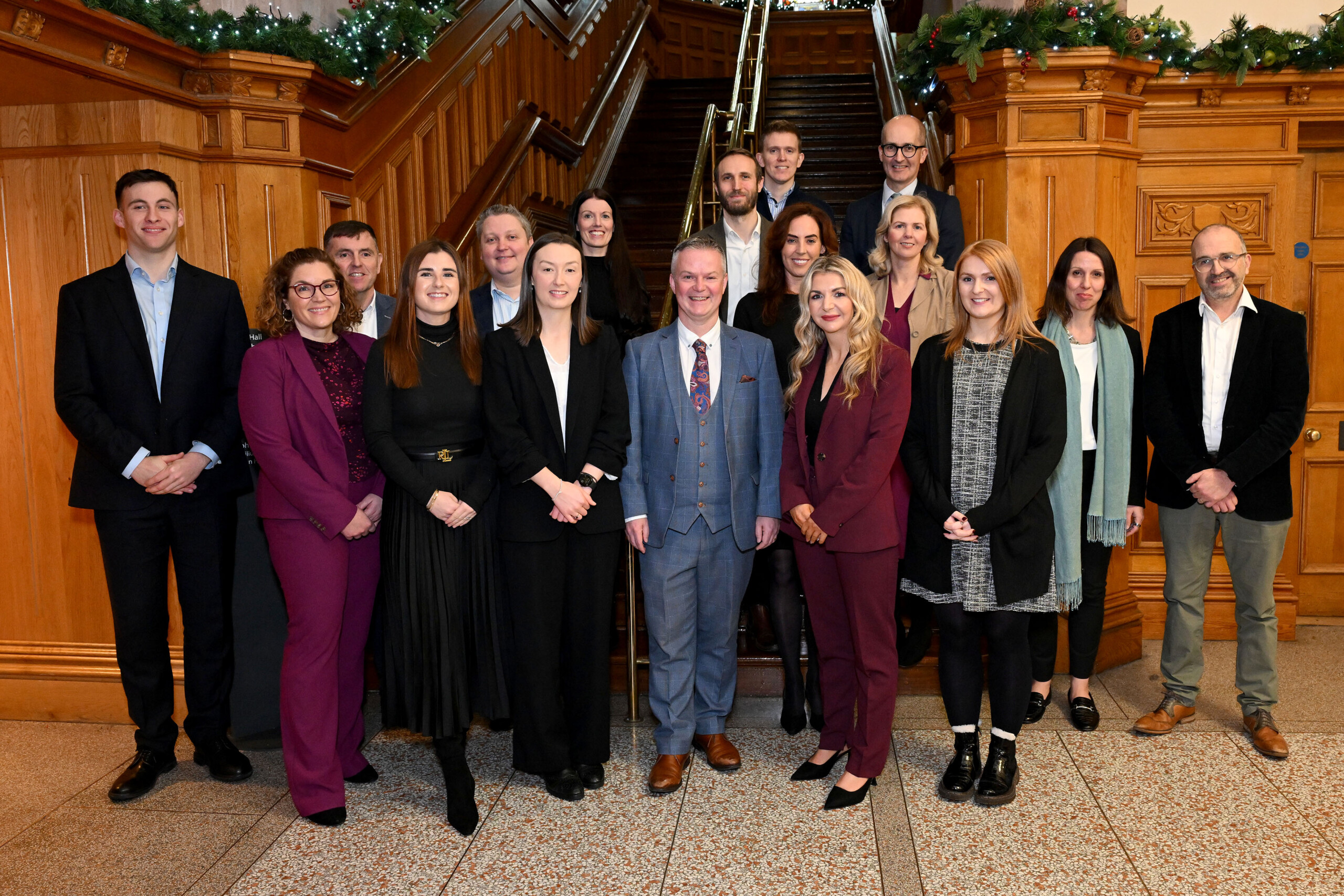
Navigating turbulent times – travel sector embraces resilience
The unexpected news that tourists arriving from Spain will have to self-quarantine on their return to the UK, coupled with growing question marks about travel to other European destinations, highlights the precarious and uncertain environment that the travel sector is currently grappling with.
Now more than ever, leaders in the travel sector need both resilience and clear-headed thinking. But it’s not always easy to take a strategic, longer term approach whilst at the same time fire-fighting yet another crisis.
Recently I have had a number of conversations with travel operators through our Travel Skills & Quality Board about the challenges they are facing – and at every turn, I have been struck by their strategic, creative and innovative thinking, their determination and their commitment to their people.
Here is a snapshot of some of the initiatives businesses in the sector are adopting to build resilience, support their staff and get fit for the future.
The importance of common ground
When managing uncertainty and volatility, developing a sense of shared purpose is key. Ensuring that individuals feel that they are part of this vision, that their contribution is valued and that their voices are being heard is absolutely central to building stronger, more resilient teams.
During the period of lockdown, Clyde Travel Management put in place a plan to maintain a high level of communication with staff who had been furloughed as well as those still working. According to Melanie Quinn, Head of Sales and Customer Relations, it was important to get across the message that every person in the business was making a valuable contribution to its long-term survival regardless of whether they have been furloughed or not. “This is something that we affirm on a regular basis as part of creating a cohesive, supportive community, with a single shared goal,” she says.
Keeping it together
Organisations that support the mental and emotional wellbeing of their staff will be in a far better position when it comes to helping them to re-integrate back at work. For Mel Phaure at Blue Cube, the key has been to keep an open and honest dialogue going. She also says that it’s vital to acknowledge that everyone’s situation is different and that support needs to be tailored to each individual. Blue Cube has always invested in supporting the mental health and well-being of staff and already had mental health ‘first aiders’ in the business prior to Covid. All their staff have also been offered places on a Virtual Mental Health Workshop.
Employer brand
In uncertain times, people crave confidence and security. They want reassurance and to be treated honestly and with integrity. Hays told us that one of their biggest challenges during lockdown was continuing their famous ‘warm welcome’ for new starters and ensuring that they were quickly integrated into the business.
At Hays, ‘onboarding’ prior to lockdown had included personal ‘meet and greets’ from senior managers and the head office support team and. Moving these online meant that managers could still connect with new hires, and the HR team quickly realised they could record sessions on video and use them as an additional online support tool. It’s a classic example of the imaginative ways in which businesses are responding to a not-normal situation
Agile training
Covid has also increased the challenges confronting customer-facing staff and brought about changes in the training and development landscape. Research we carried out in June highlighted that prior to the pandemic, staff were largely trained not to challenge clients. Now, however, customer-facing teams need to take control of their environments and ensure that vital health and hygiene regulations are being observed. That means supervising customers in ways they would never have done before while walking a fine line between ensuring compliance and being seen as too bossy or controlling.
The implications of this for training and development have already been reflected in our WorldHost 2020 post-Covid training, which has a greater focus on developing self-awareness and helping customer-facing staff become more conscious of their power and the impact this can have on others. It’s equally important that line managers also understand these new dynamics, because as businesses re-open they will play a critical role in helping staff ‘dial up’ or ‘dial down’ their behaviours so that they do not risk alienating customers.
It’s clear that the landscape has shifted and that everything else must shift accordingly and this is just as true for training and development as it is for contingency planning and resourcing. Flexibility and agility are the name of the game, and staff training must not only adapt to changing circumstances, it must also do so quickly if it is to be fit for purpose.



